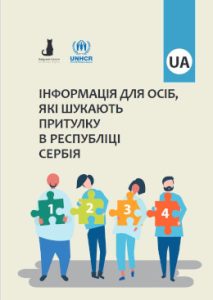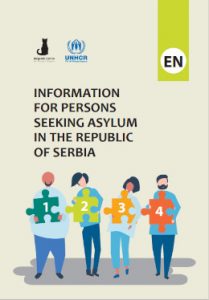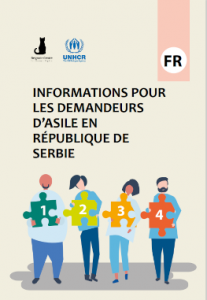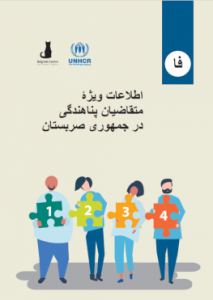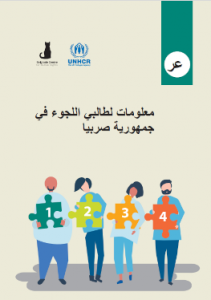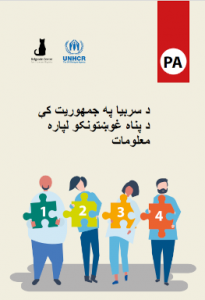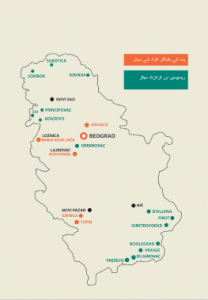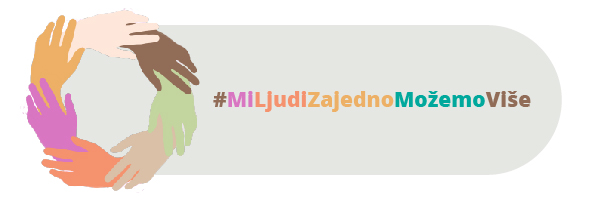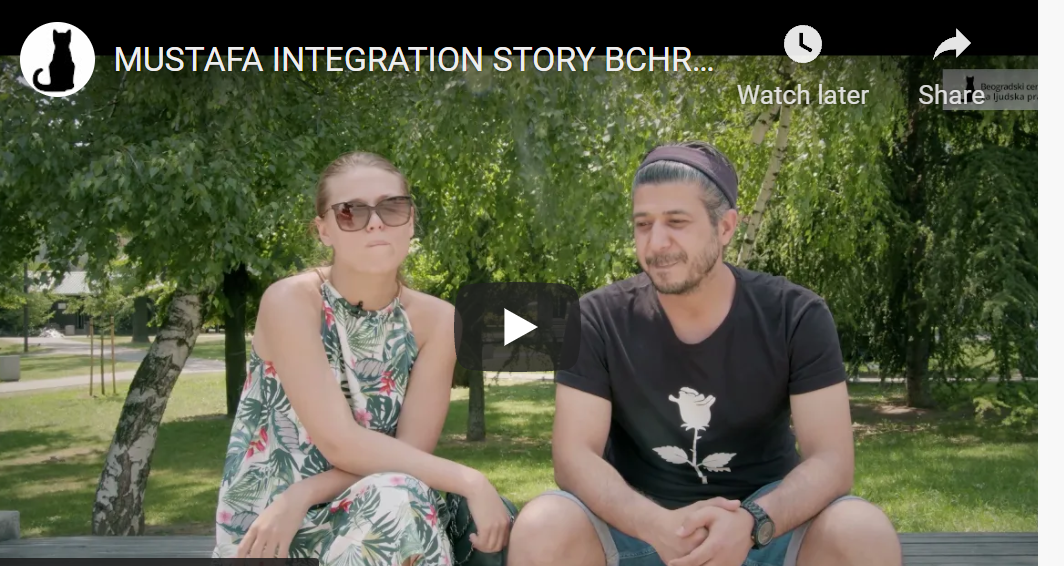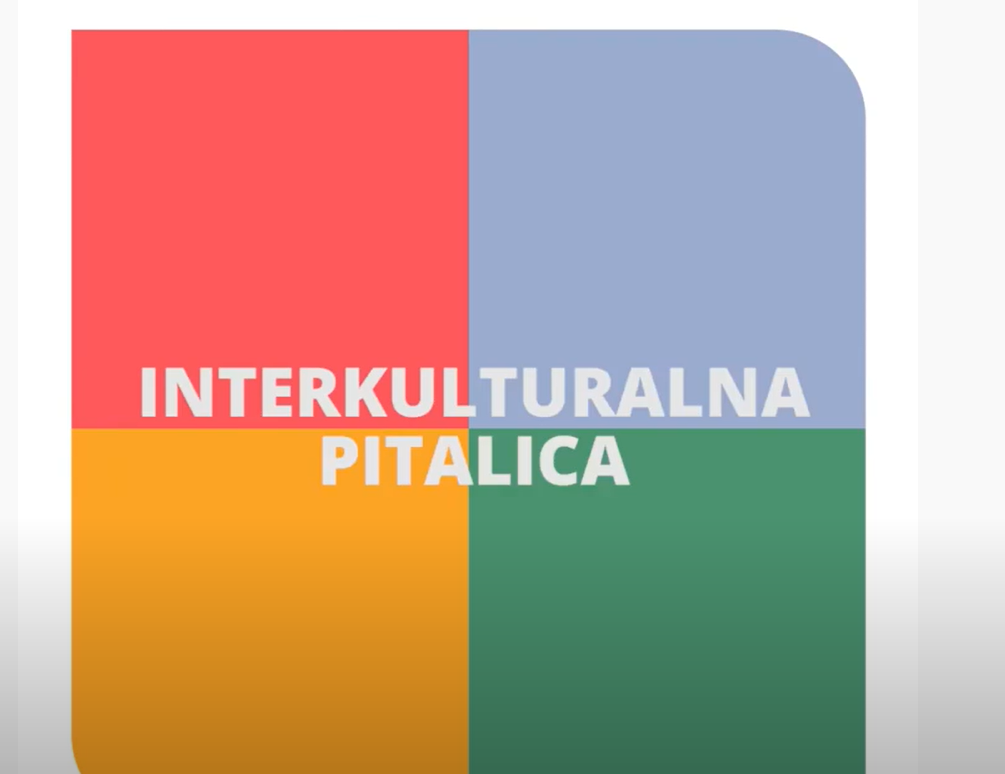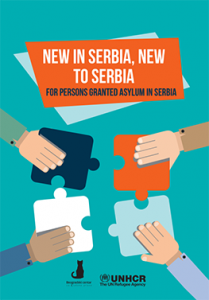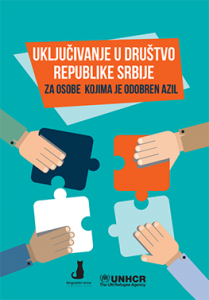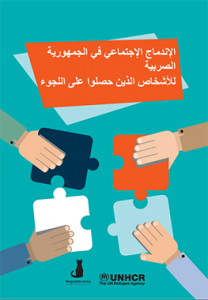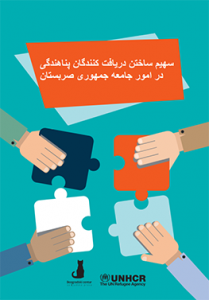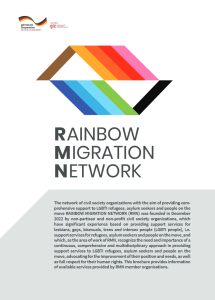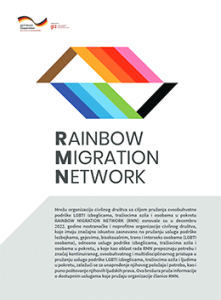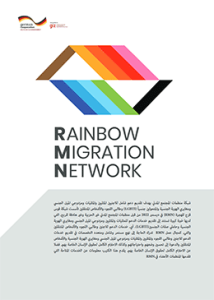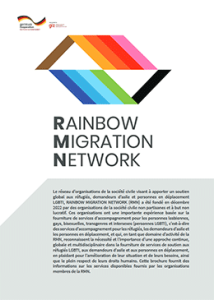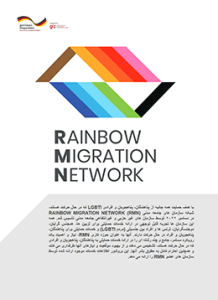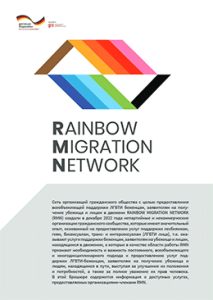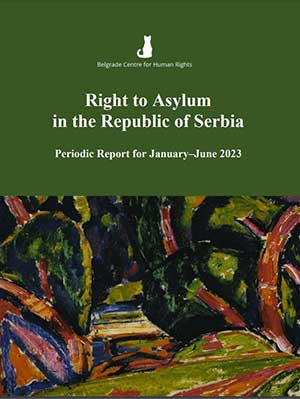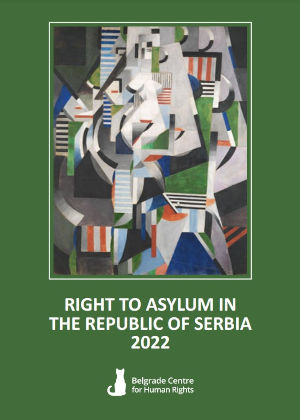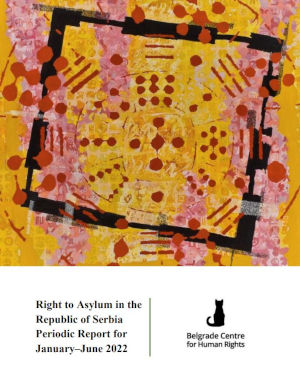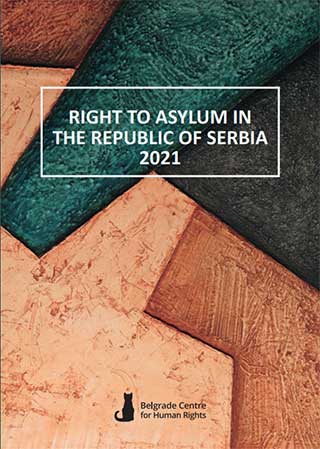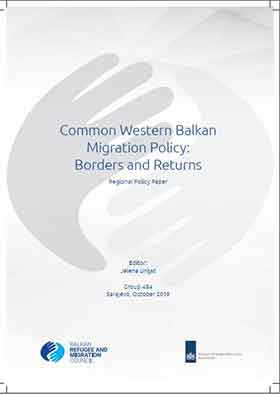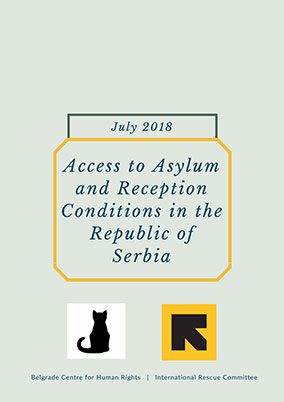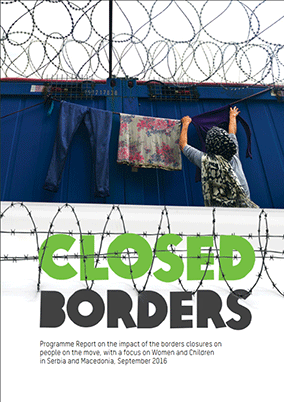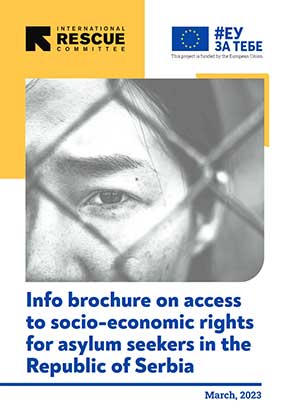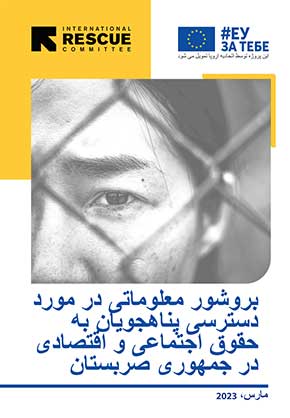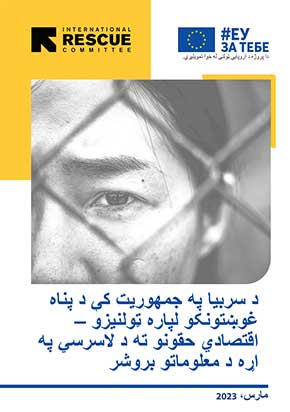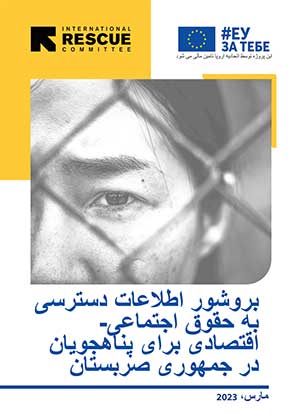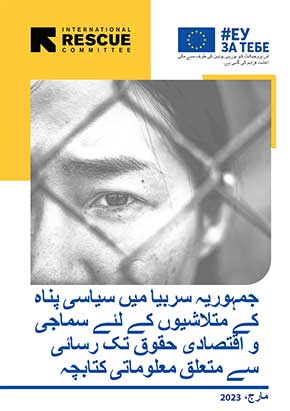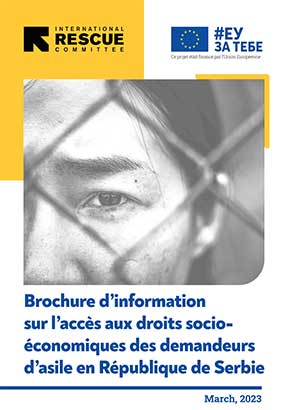We continuously monitor the state of affairs both in the countries where the asylum-seekers come from and in Serbia. All of our findings and reports are available at the Centre’s webpage at www.azil.rs

As a partner of the United Nations High Commissioner for Refugees, the Belgrade Centre for Human Rights has, since 2012, provided asylum-seekers in Serbia with free legal aid: they are explained their rights and obligations and represented before the proper authorities in Serbia and the European Court of Human Rights.
Transcending the Borders
In June 2017, a special festival which erases borders among the local and refugee population took place in 12 European cities. The festival in question is the Refugee Food Festival, which was organised by Food Sweet Food and UNHCR. Restaurants in Rome, Amsterdam, Lyon, Marseilles, Brussels, Bordeaux, Lille, Athens, Florence, Madrid, Milano, and Bari opened […]
Refugee Situation in Serbia in June 2017
According to UNHCR data, at the end of June there were 5,895 persons likely in need of international protection in Serbia. More than 94% of these persons were accommodated in one of 18 governmental centres. Vast majority of persons accommodated in these centres during June were from so-called refugee producing countries – Afghanistan, Iraq and […]
A Day in the Life of a Child Refugee in Belgrade
Eleven-year-old Abuzar from Baghlan province in Afghanistan traveled on his own to Serbia. This is his story. „I am waiting to play the ‘game’, to cross this last border to Europe,“ said 11-year-old Abuzar with a resolute calmness, despite being on his own. Amid scores of men gathered around a fire to survive the […]
World Refugee Day, 20 June
Throughout the world, 20 of June is a day that marks the strength, courage and perseverance of some 21.3 million refugees, almost half of whom are children. On this day every year attention is focused on the position of refugees and displaced persons around the world, on the reasons for which they leave their countries […]
Two Years, Two Months, Two Weeks and Two Days
Towns of Kefraya and al-Fu’ah are located in the Northeastern Syria in the Idlib Governorate. According to the 2004 census, population of Kefraya was around 4,500, whereas al-Fu’ah had 10,000 inhabitants. However, population of these towns rose to 20,000 since the beginning of the conflict. The distance between Kefraya and al-Fu’ah, both Shia, is around […]
As a partner of the United Nations High Commissioner for Refugees, the Belgrade Centre for Human Rights has, since 2012, provided asylum-seekers in Serbia with free legal aid: they are explained their rights and obligations and represented before the proper authorities in Serbia and the European Court of Human Rights.
We continuously monitor the state of affairs both in the countries where the asylum-seekers come from and in Serbia. All of our findings and reports are available at the Centre’s webpage at www.azil.rs

